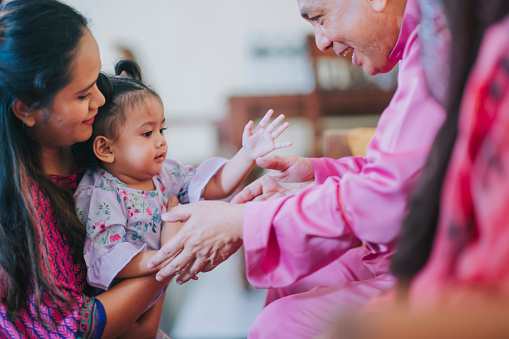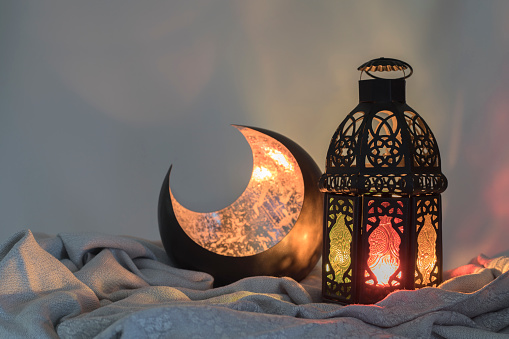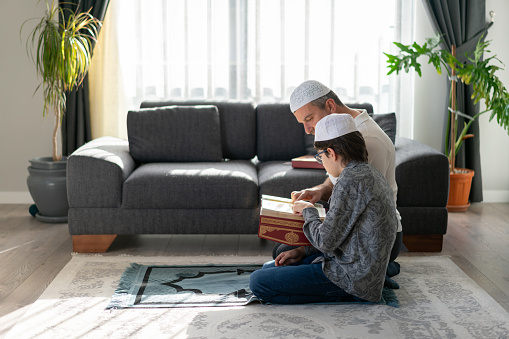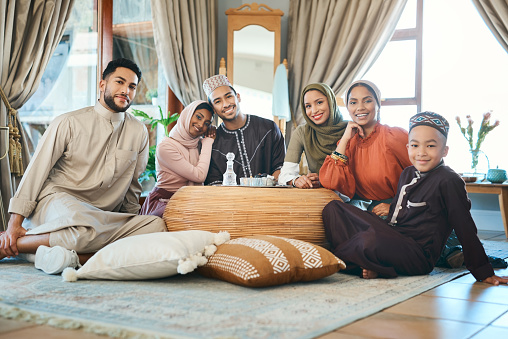The crescent moon and the sacred star of Ramadan are about to shine upon our life soon and fill it with blessings of love, peace and joy. This Muslim holy month is the most pious one that falls in the ninth month of the Islamic calendar. It is among the most important observances for the Muslim community. They fast from sunrise until the daylight hours end for the entire month. This also involves refraining from eating, smoking, drinking, and unethical and aggressive behaviour. It is the period for piety, practising spirituality and feeling closer to God. Are you eager to know more about the festival? Scroll down and know all about its traditions, customs, the importance of Ramadan and why it holds utmost significance to the Islamic faith.
What is Ramadan?

Source: Unsplash
The month of Ramadan or Ramzan is entirely dedicated to fasting, prayer, introspection, Quran recitation, giving back to the community and fasting throughout the sunlight hours. People present their loved ones with Ramadan gifts to spread happiness and joy. The celebrations are quite elaborate which include wearing new clothes, decorating the house, buying jewellery, gorging upon special Ramadan sweets and praying in mosques. All these are the perfect ways to reciprocate your love towards your loved ones and shower them with loads of blessings & good wishes. This year, Ramadan will begin from the evening of 2 April 2022. Furthermore, the date is subject to change according to the Moon sighting.
Why do Muslims fast during Ramadan?

Source: Unsplash
Fasting (Sawm) is one of the five important pillars of Islam. It allows the believers and followers to spiritually grow closer to Allah. While fasting, people learn patience and sympathy. It is about enriching the soul and becoming compassionate towards the unfortunate. A verse in the Quran prescribes the whole day of fasting for all mature and healthy Muslims. Though it’s mandatory to fast, those who are sick, menstruating, pregnant, lactating, travelling or elderly can avoid fasting.
What is the Importance of Ramadan?

Source: Unsplash
Say, O Prophet – He is the One who has brought you into being and who gave to you the faculties of hearing, and sight, and hearts that comprehend. How very little are the thanks that you give! (Sûrat Al-Mulk, 67:23)
The month of Ramadan seeks to instil in the believers moral values and compassion towards every living being. Since worldly desires and materialistic happiness blanket our senses and emotions, the month reminds us of our real purpose on this planet. With fasting, Ramadan teaches the followers to be patient and less reactive, which is an extremely important virtue in the Islamic faith for God loves the patient.
Also, ‘sawab’ (rewards) multiply during Ramadan and the observers get 7X more ‘sawab’ for every good deed. It is also believed that during this month, the gates of heaven (Jannah) open and the gates of hell (Jahannum) are locked. Also, it was this month only during which the Quran was first bestowed by Allah as a guidance unto man to enable him to discern the right from the wrong.
What Happens at the End of Ramadan?

Source: Unsplash
The importance of Ramadan doesn’t end here. The last day is marked by the festival of Eid-ul-Fitr. It’s a highly joyous occasion that is celebrated with lots of enthusiasm and giving thanks to Allah. People relish delicacies, visit relatives, exchange Ramadan hampers, Ramadan sweets, and Ramadan flowers and indulge in the gift of charity. If you are looking for some gift inspiration, here are some useful Ramadan gifts for everyone on your list.
So altogether, the divine month of Ramadan is full of rewards and blessings. It removes the veil of worldly desires from our minds and hearts and restores our faith in kindness and empathy.






